Building and training human tendons in the lab
Futurum
NOVEMBER 17, 2022
Professor Pierre-Alexis Mouthuy , based at the University of Oxford in the UK, is taking this a step further with tendon building, by using humanoid robotic arms and soft bioreactor chambers to ‘train’ tendons to deal with the stresses they will encounter in the human body. Robot shoulders. “We Progress and next steps. “So

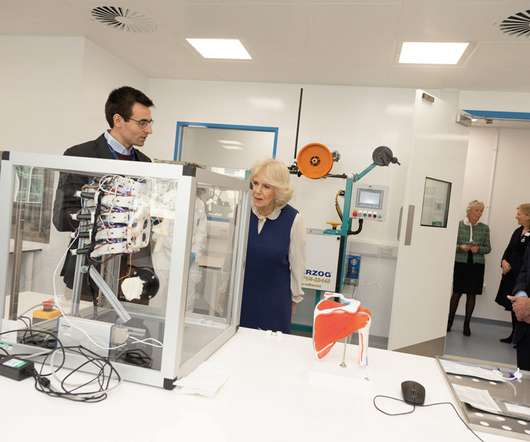
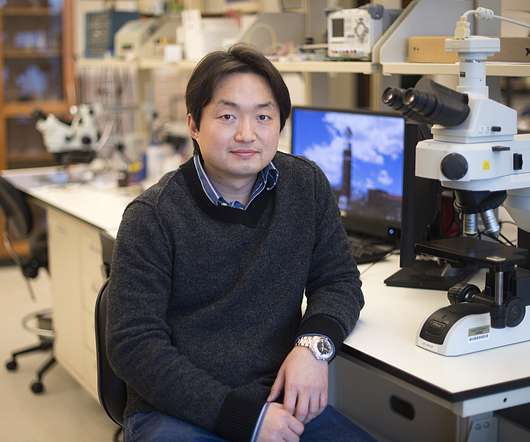
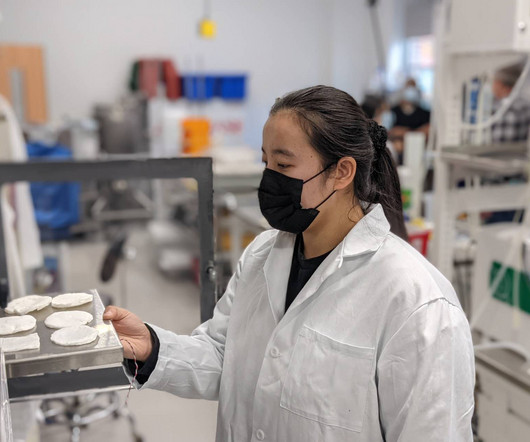
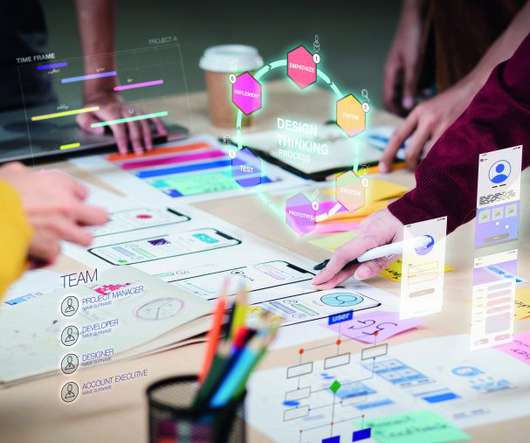
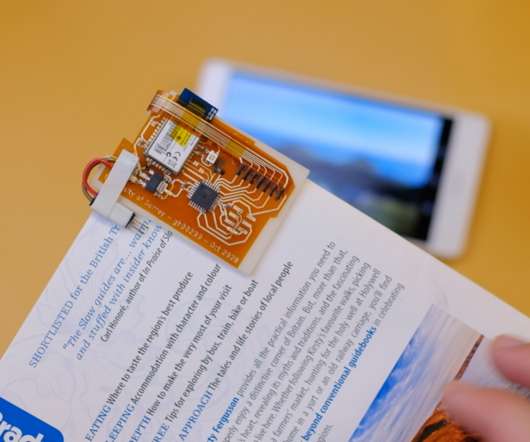
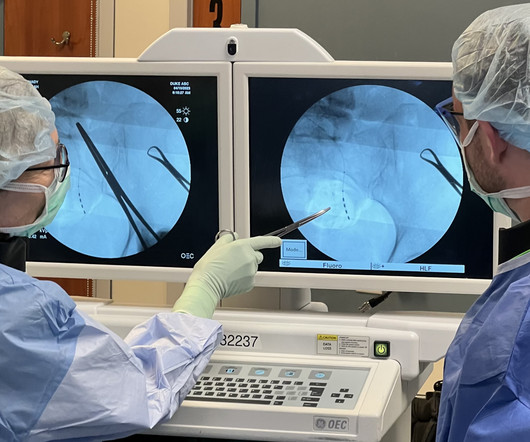






Let's personalize your content